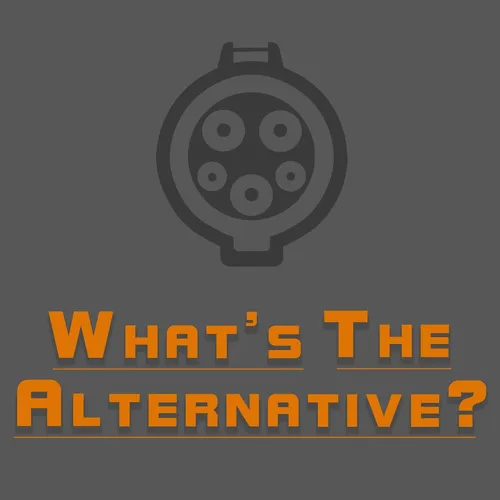Weekly-ish News - Episode 6 (March 1, 2021)
- Author
- Tyler Herrmann
- Published
- Tue 02 Mar 2021
- Episode Link
- https://www.spreaker.com/show/whats-the-alternative_1
If you have any feedback or suggestions, please feel free to find me on Twitter @archduketyler
Headlines from this episode:
Batteries:
Ford's CEO, Jim Farley, says we need more battery production in the U.S..
LG Chem will also produce Tesla's new 4680 cells at their Korean factory.
Hyundai is recalling 82k EV battery packs to replace a faulty battery pack.
Electric Vehicles:
We have confirmation the next Tesla will be designed and produced in China.
Michelin developed a new tire for EVs that has heritage in Formula E.
Foxconn will partner with Fisker to produce electric vehicles.
Lucid Motors went public through a SPAC with a market cap of $9.17b.
Policy:
Study finds that the federal EV tax credit works, but it's mostly used by wealthier individuals.
Federal EV Tax Credit phaseout info.
I mentioned in the episode that the charging fee is actually pretty reasonable , doing some rough math with the gas tax in Mississippi. I want to point out that the annual EV fee (when not combined with a charging fee) is also a fairly reasonable cost. Doing rough math, a gasoline vehicle own would pay something in the ballpark of $150-$160 per year in gas tax, so an EV fee of $150/yr is actually reasonable. The issue here is that they're doubling up on the fees, which is pretty silly. (Side-side note: I'm making the assumption in these calculations that we should tax EVs to begin with, but there's obviously a good argument that we shouldn't tax them due to the social costs of carbon/pollution and so on. I'm simply pointing out here that if you're going to construct such a fee, these numbers are surprisingly appropriate.)
A bill has been proposed for Washington to phase out ICE (in passenger vehicles) by 2030.
